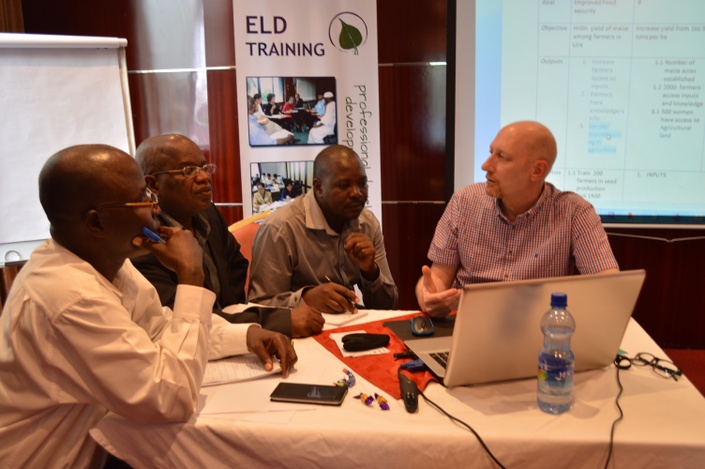
Introduction to Project Management in Humanitarian and Development Contexts
Free until 30 January 2025
Introduction to Humanitarian and Development Project Management
Project management provides the structure and focus needed to plan and steer projects toward meaningful results. In complex humanitarian and development contexts—characterized by resource constraints, dynamic environments, and evolving community needs—strong project management ensures that interventions are well-planned, adaptable, and deliver sustainable, positive change.
Effective project management supports:
- Enhanced Accountability and Measurable Results: Establishing clear objectives, tracking progress, and demonstrating tangible outcomes to donors, stakeholders, and affected communities.
- Improved Coordination and Collaboration: Aligning diverse stakeholders, including donors, implementing partners, and community members, to foster cooperation and ensure everyone works toward shared goals.
- Efficient Resource Utilization: Ensuring limited resources—time, money, and personnel—are allocated effectively, maximizing impact and minimizing waste, even in challenging environments.
In this short introduction, we explore:
- The Definition and Importance of Project Management: Understanding what project management entails and why it is a critical skill.
- Overview of the Project Life Cycle: A walkthrough of the five key phases—Initiation, Planning, Implementation, Monitoring, and Closing.
- Application to Humanitarian and Development Contexts: Tailoring project management concepts to meet the unique challenges in these fields.
- Core Principles of Project Management: Exploring foundational principles that ensure effective project execution.
- Key Differences Between Humanitarian and Development Project Management: Highlighting how context shapes approaches and priorities.
- The Importance of Adaptability and Continuous Improvement: Emphasizing the need for flexibility and ongoing refinement to achieve better outcomes.
The course is free and provides 30 days of access after signing up.
Best of luck!
COURSE CURRICULUM
-
StartWELCOME TO THE COURSE
-
StartTHE PROJECT CYCLE (5:45)
-
StartPROJECT CYCLE CASE STUDIES (11:11)
-
StartPROJECT MANAGEMENT IN HUMANITARIAN AND DEVELOPMENT CONTEXTS (7:44)
-
StartGUIDED EXERCISE: INITIATION, PLANNING, IMPLEMENTATION, MONITORING, CLOSE-OUT & EVALUATION (4:56)
-
StartINTRODUCTION TO PROJECT MANAGEMENT - CONCLUSIONS & KEY LEARNING (2:40)
-
StartPROGRESS ASSESSMENT
-
StartNEXT STEPS
-
StartFEEDBACK AND INSIGHTS
Instructor Profile
With over 25 years of expertise, Neil Kendrick, founder of ELD Training, specializes in Professional Writing, Reporting Skills, Proposal Writing, Results-Based Management, and Monitoring & Evaluation. Based in the UK, Neil has trained and coached humanitarian and development professionals from hundreds of organizations across more than 20 countries in Asia, Africa, Europe, and the Americas.
SIGN UP
By enrolling in this free course, you consent to receive periodic emails from us. Rest assured, we respect your privacy and will only send you relevant updates and valuable content related to our courses. You can opt-out anytime.
We do not issue certificates for free courses.